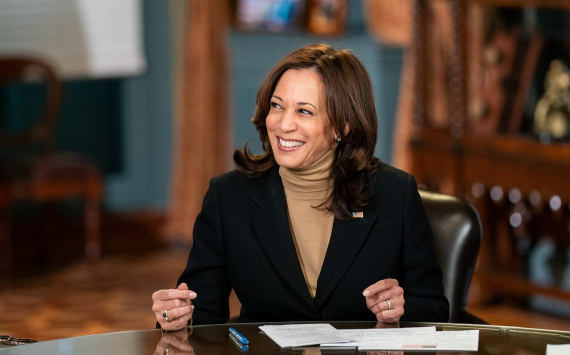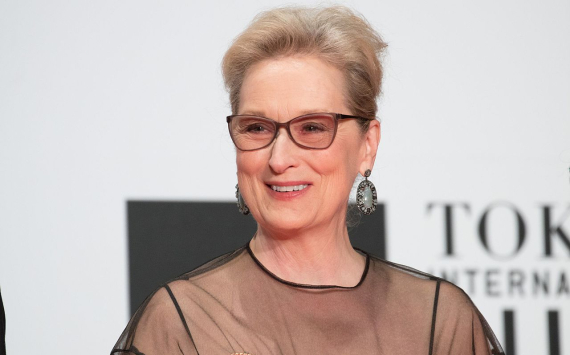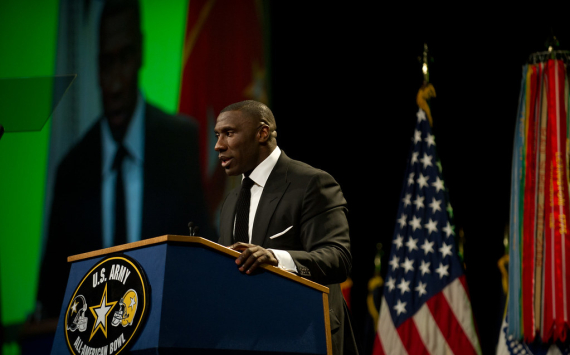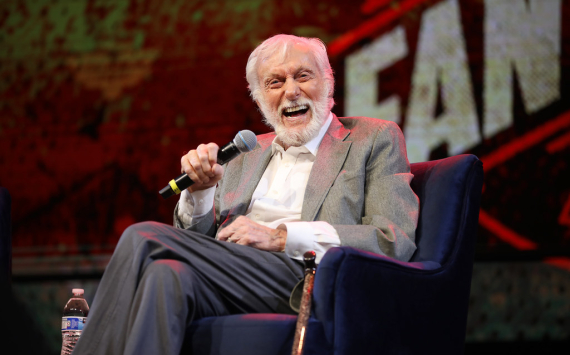
$1B Loss Under Fire
Vice President Kamala Harris’ 2024 campaign, which spent over $1 billion in a failed election bid, is facing heightened scrutiny over its financial decisions. New Federal Election Commission records confirm her campaign paid Oprah Winfrey’s Harpo Productions $1 million, ending months of speculation about potential payments for Winfrey’s endorsement.
Rumors began in November after reports claimed Harpo Productions had received the funds. Winfrey initially denied receiving any payment, stating, “Not true. I was paid nothing, ever.” She later clarified that while she personally did not take any money, her company was paid to produce Harris’ Unite for America livestream rally on September 19.
The rally, co-hosted with the activist group Win with Black Women, featured a star-studded lineup, including Chris Rock, Julia Roberts, and Meryl Streep, and aimed to boost voter registration in swing states like Pennsylvania, Georgia, and Michigan. Despite the efforts, Harris ultimately lost in all three states.
According to Winfrey, Harpo Productions handled logistics such as set design, lights, and technical crews for the event. "I did not take any personal fee," she reiterated, emphasizing that the payment covered the costs of the production team. Adrienne Elrod, a senior campaign spokesperson, defended the arrangement, explaining that while the campaign never paid artists directly, legal guidelines required reimbursement to companies like Harpo for services rendered.
Records confirm that Harpo Productions received two payments of $500,000 for its work on the rally. The campaign’s extravagant spending also included $575,000 for a Las Vegas Sphere ad and millions on digital and television advertisements. Democrats are now reviewing these expenditures to determine how such a well-funded campaign failed to secure a victory.
Harris’ campaign spending is drawing criticism not just for its scale but for its focus on high-profile productions rather than grassroots engagement. As the party reflects on the loss, questions remain about the efficacy of its strategy and allocation of resources.












































